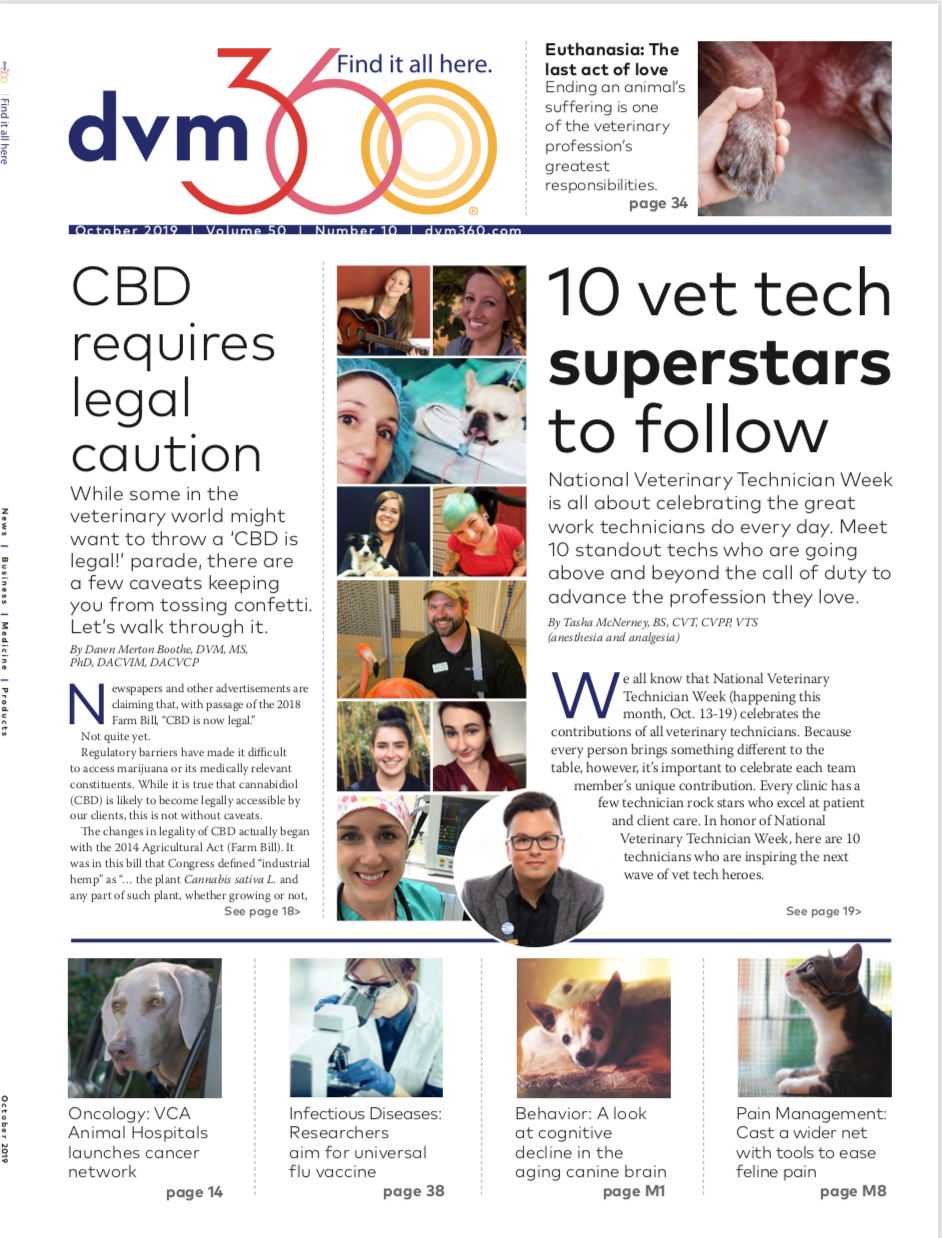Letters to dvm360: Sounding off on DCM dilemma
Our columnist argued that pet insurance should have paid for an ultrasound diagnostic for an asymptomatic dog on a grain-free diet at risk for dilated cardiomyopathy (DCM). Readers disagree about whats called for when.
[Editor's note: Ethics columnist Marc Rosenberg, VMD, argued in “Insurance won't cover a DCM diagnosis?" that pet insurance companies should have paid for the ultrasound in a recent case of an asymptomatic dog eating a grain-free diet at risk of dilated cardiomyopathy (DCM). In the column, the pet owner returns a few days later saying she's seen the signs, and the pet insurance company finally approves. Is that how it should have gone down? Two readers disagree.]
Pet insurance should cover the tests that veterinarians recommend
“Insurance companies should cover any and every reasonable test if the doctor suspects any ailment. A transition to mimicking human insurance has started with pet insurance disapprovals and nonpayment of claims. Some insurance companies don't even allow the veterinarian or the veterinary staff to discuss issues or explanations concerning treatment and procedures on behalf of their clients.”
- Adel Hamdan, BVMS, Totowa, New Jersey
But what about premium increases?
“I respectfully disagree with Dr. Rosenberg's opinion that pet insurance should cover the screening ultrasound for DCM in a dog on a grain-free diet. There is already tremendous pressure on premium increases in the pet insurance industry just from actuarial losses from covering actual accidents and illnesses. And the consumer is feeling it when they get their renewal notices.
“The question is, where do you draw the line? Do you cover Tonopen exams in asymptomatic patients that are predisposed to glaucoma? Do you cover screening ECGs, ultrasounds or Holter monitor evaluations in breeds predisposed to cardiomyopathy unrelated to diet? I could imagine a screening ultrasound like this being added to a pet insurance company's wellness coverage in the way some companies have added University of Pennsylvania's PennHIP to evaluate for early evidence of hip dysplasia. Many companies also include annual wellness lab testing for early detection. Of course, wellness coverage in most cases is optional as a rider to a policyholder's primary accident and illness coverage.”
-Doug Kenney, DVM, in Tennessee
What do you think? Comment below or email us at dvm360news@mmhgroup.com.
